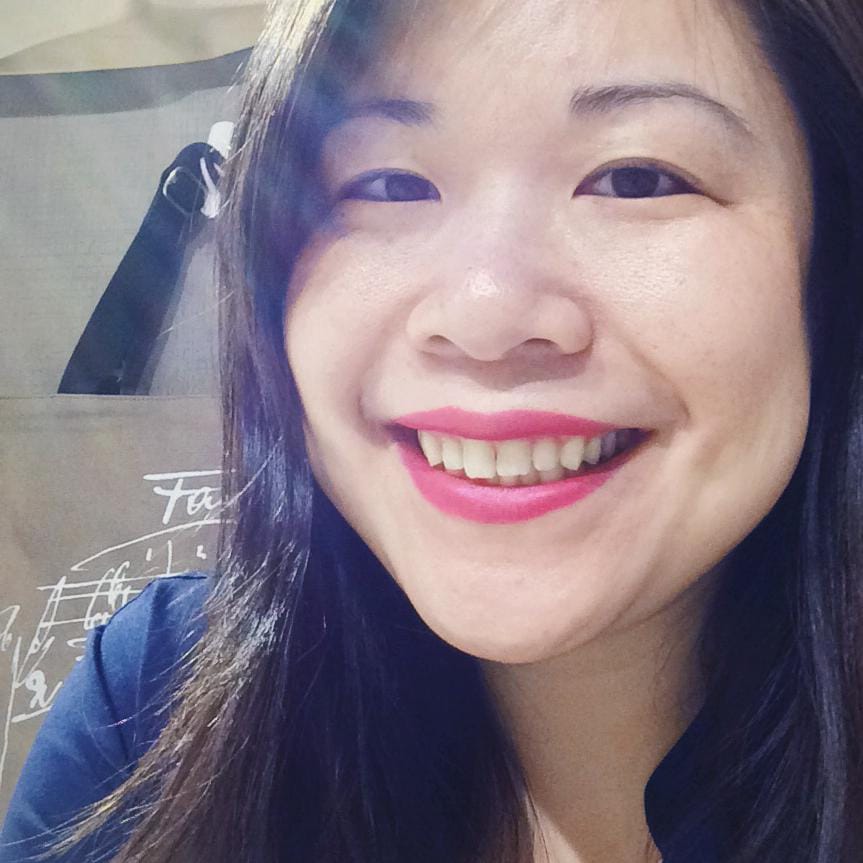Little Rice - Xiaomi, Smartphones & the Chinese Dream with Clay Shirky

Within the great firewall of China, Clay Shirky, associate professor from interactive media & arts department in NYU Shanghai and also TED speaker, joined us to discuss his latest book “Little Rice – Xiaomi, Smartphones & the Chinese Dream”. In this episode, he shared his thoughts about the revolution of different media platforms and its after-effects to the evolution of Chinese companies from hardware manufacturing to software services and how the continued tension between economic development and political control will change the nature of Chinese companies going global. We also discussed how Xiaomi embodies “the Chinese Dream” and the challenges that it will face in expanding globally to the world.
Here are the interesting show notes and links to the discussion (with timestamps included):
- The story of Clay Shirky
- Clay Shirky (@cshirky, LinkedIn, Medium, NYU and NYU Shanghai)
- Current Title: Associate Professor of Arthur L Carter Journalism Institute, NYU and Interactive Media and Arts department in NYU Shanghai.
- How did he get started in his career and eventually become an academic and writer on the social & economic effects of Internet technologies?[1:11]
- Clay Shirky (@cshirky, LinkedIn, Medium, NYU and NYU Shanghai)
- Social Media and its impact to society
- Have listened to his two signature TED talks: impact of social media making history and SOPA, what is his thesis on the evolving nature of social media and the Internet to the society as a whole? [2:40]
- The Internet reduces the coordination costs for the group, for example, open source software and wikipedia. [3:25]
- Given social media and Internet platforms facilitate easy creation of content (text, audio and video), and we observe the inundation of content in the Internet (and the existence of the tail) with curation services such as Pinterest and Product Hunt to filter out the signal from the noise, with the analogy of artistes in record labels, are we observing a new digital version of curation? (Reference: Clay Shirky, “Here comes everybody” and the history of email). [5:35]
- From the invention of printing, we shifted from days per book and books per day and built libraries, chapters, index and catalogue systems. The institutes after the media evolution usually happened to solve the problems which the media tools caused. [6:38]
- “It’s not information overload but filter failure for media content.” – Clay Shirky [8:10]
- Open vs Closed environments in Media: Tim Wu: “The Master Switch” – All media revolutions started from openness and eventually moved to closeness, and the observation of walled gardens in content platforms. [9:35]
- How much openness in the Internet that we can preserve? The Chinese government want a world of maximum acceleration on economic development but less surprise from the platforms. [10:55]
- Little Rice: Smartphones, Xiaomi and the Chinese Dream [13:10]
- The balkanisation of the Internet, for example, for the Great Firewall of China, and the concept of the “Splinter-Net”. [12:50]
- Drawing the borders of control from geographical and digital and the focus on political borders. How western services such as Uber have difficulty to make it work in China in the form of a trade barrier. [14:00]
- Another type of trade barrier for Chinese companies moving from China to the outside world and the difficulty of exporting their services economy out of China. [14:50]
- Apple shutting down their news services in China. [17:00]
- What do you define as the Chinese Dream? To create the legitimacy for the Chinese government, but binds the Chinese people in shared goals. [18:00]
- Why is Xiaomi the choice of the company to depict the Chinese dream? [20:09]
- Cisco and Huawei as examples where national security and trade barriers interferes with economic development. [23:00]
- The over-reaction of people in Singapore, Hong Kong and India to Xiaomi sending analytics data back to Beijing. [24:40]
- How do the Chinese government balance between control and innovation given that they are diametrically opposed? The Chinese government relaxed control of Shenzhen’s innovative hardware ecosystem as long as the hardware is exported out of China. [25:44]
- Why it is difficult to have a Chinese version of Infosys, an India company specialising in outsourcing services for US markets. [31:30]
- The asymmetrical nature of exporting services out of China and importing from outside China to within. [34:00]
- The problem with China companies, for example, Baidu, expanding out of China, given the government’s protection, what are the measures that these companies have to do to ensure trust with the outside world? Drawing analogies from Korea’s Chaebol and Japan’s Keiretsu models. [35:48]
- How Chinese’s filtering of global information are affecting them in their path for maximum economic development. [38:00]
- The strategy tax for Xiaomi to ship out two versions of Android: one for China and the other for the outside world. [39:00]
- Asian companies (Chinese, Korean, Japanese, Taiwanese) have built popular hardware but software seems to be their Achilles heel (excluding gaming software). Without control of software (not just modifying Android or Linux) it seems that Asian firms will be at the mercy of Western software developers. Is this true? Does it matter in the longer term, given counter examples such as the WeChat platform? [40:37] (Credits: Gen Kanai posed this question)
- The convergence of Western and Asian tastes and cultures, for example, Korea pop and Japanese Manga. [42:00]
- With the success of Chinese in the area of literature and science, for example, Liu Cixin’s “Three body problem” winning the Hugo award & Tu Youyou’s winning of the Nobel Prize for Medicine, and Hollywood’s utilization of Chinese in their movies for export, are we observing the convergences of culture between US and Asia? [45:30]
- How much governments are willing to invest in dealing with surprises? [49:40]
- How Xiaomi has innovated against Apple and Samsung by starting with software and ecommerce. Xiaomi is more like Amazon than Apple. [51:00]
Podcast Information:
The show is hosted by Bernard Leong (@bleongcw) and are sponsored by Ideal Workspace (Twitter, Facebook and LinkedIn) with their new Aspirus Desk (Twitter, Facebook, Medium) and Linkcious (and check out their other product, Chiibi). Also check out Ideal Workspace’s new standing desk, Aspirus and sign up for their mailing list.



